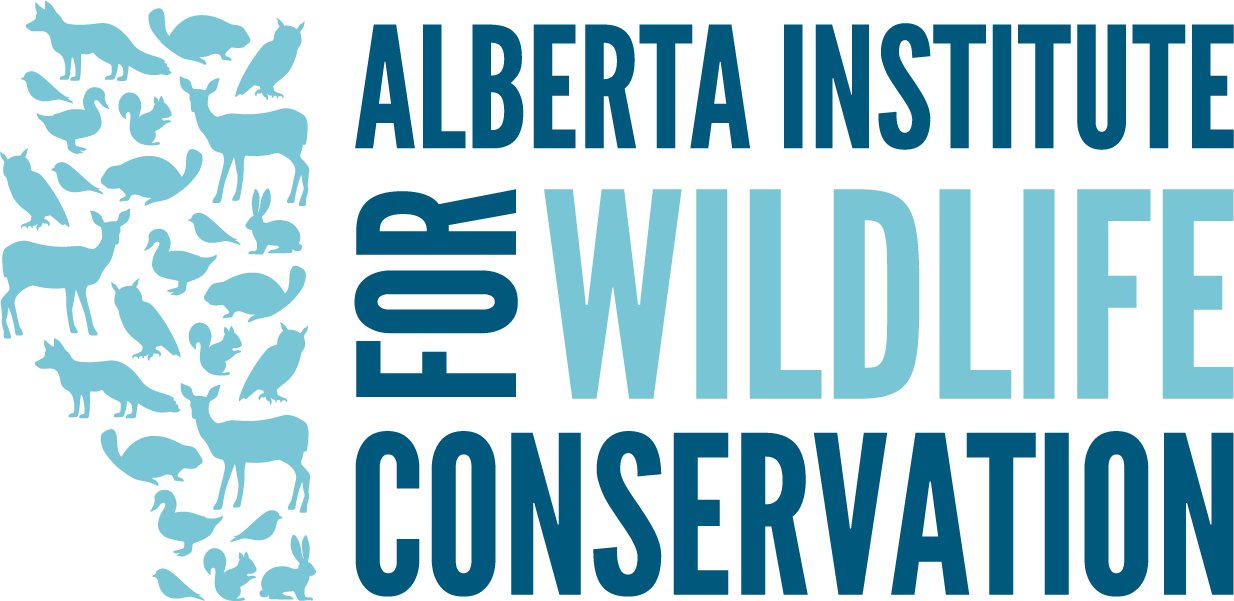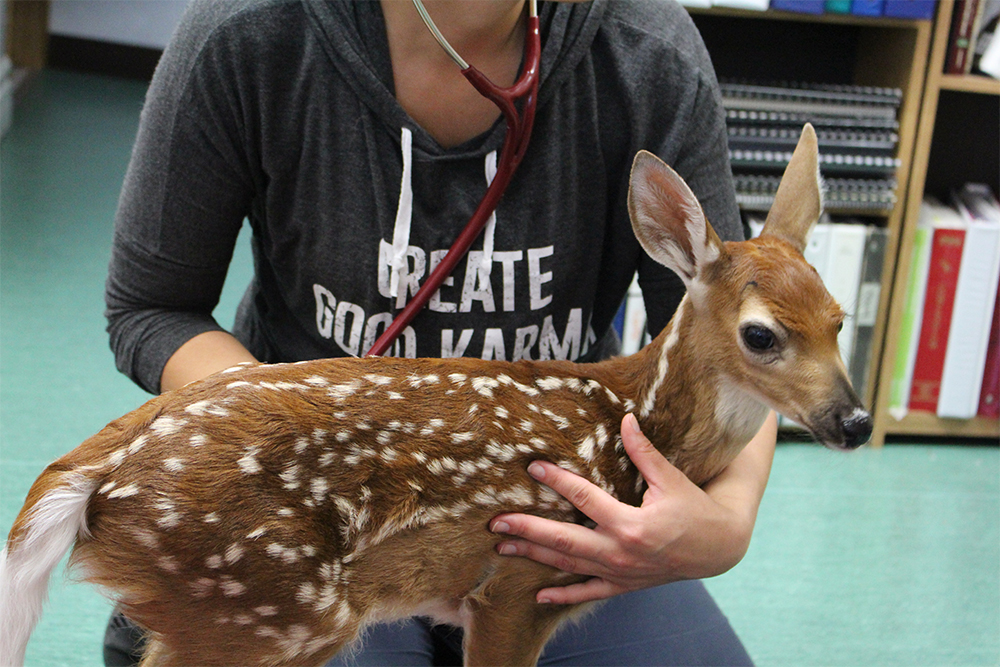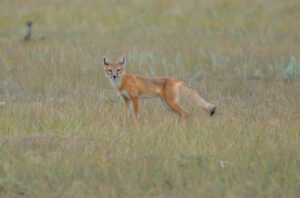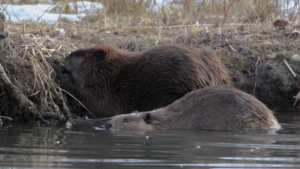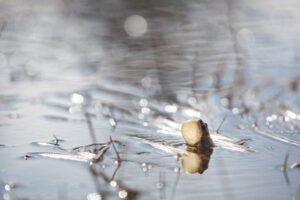Habituation, defined by the Oxford dictionary, is when an organism stops responding to typical stimulus.
In terms of animals, this means they no longer have normal reactions as they would in the wild. Habituation, otherwise known as imprinting, can occur if a wild animal is kept in captivity too long. They stop viewing humans as predators and start thinking of them as a part of their life, much like a domestic animal.
On top of that, animals that were predators in the wild will forget how to hunt, and herbivores will not know what plant life to look for when foraging for food.
As keeping the wild in wildlife is very important to us here at AIWC, we strive to do the best we can to make sure habituation does not happen with the animals we have in care. We do this by:
- Limiting contact with the animals in care to only when necessary, for example: examinations, medicating, enclosure transfer etc.
- Whispering when working with and around them.
- Using a towel to wrap or cover them when moving or examining them.
- Avoiding eye contact as much as possible.
- Making sure we progress them through the rehabilitation process and back into the wild as soon as they are ready to be released.
In Canada, wild animals are protected by law under the Canada Wildlife Act, which makes it illegal to keep or care for any wildlife unless you are a registered wildlife charity. Please don’t try to keep, raise, or care for any wildlife on your own. Please call us at (403)-946-2361 with any concerns about wildlife.
